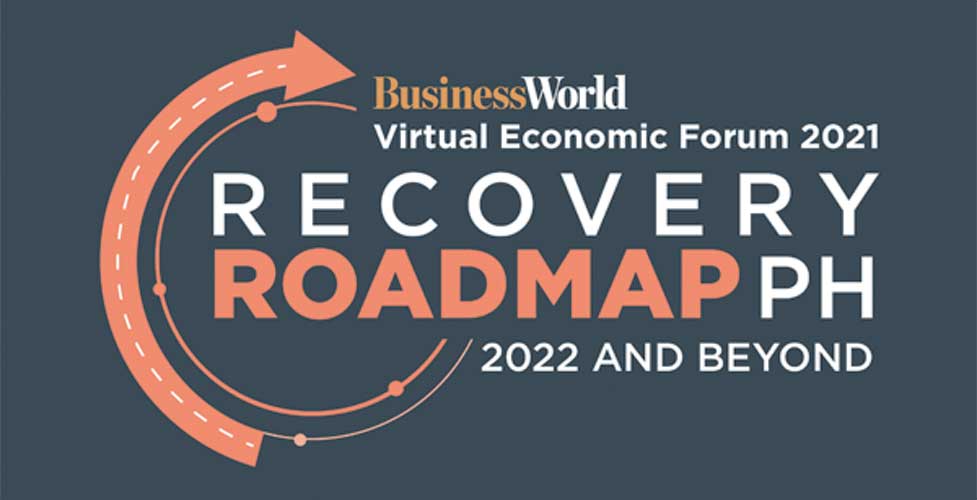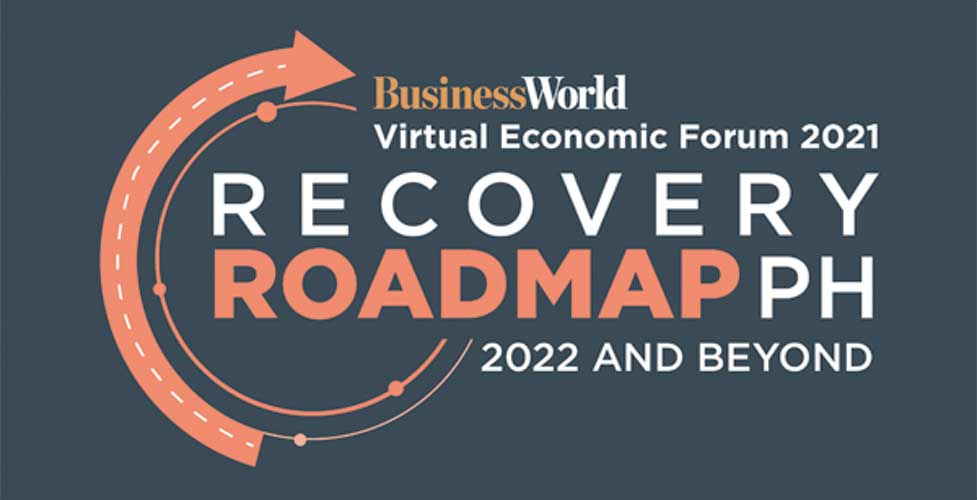MANUFACTURERS need to find an optimal balance between automation and labor during the ongoing digital transformation, according to a World Economic Forum advanced manufacturing specialist.
Francisco Betti, the World Economic Forum’s head of shaping the future of advanced manufacturing and value chains, said the future of manufacturing will involve finding such a balance.
“It is all about finding the right level that will deliver the most optimal level of adaptability, flexibility, and agility,” Mr. Betti said during the second day of the BusinessWorld Virtual Economic Forum Thursday.
Mr. Betti also said companies must have the ability to combine technology with human-driven tasks and activities.
“The highest levels of flexibility and agility were achieved by those companies that were able to develop and find a new balance in automation and worker augmentation,” Mr. Betti said.
“Through digital transformation, companies are able to deliver solid results when it comes to reducing energy consumption, water consumption, material consumption, and optimizing waste management,” he added.
Mr. Betti said he has seen many companies looking into the development of a decentralized networks of manufacturing ecosystems in response to the effects of climate change.
He added that this trend can become a major opportunity for the Philippines.
“As global companies rethink their strategies, one of the opportunities for National Governments is to further strengthen and build a more attractive manufacturing sector and become one of the sources of these broader value chains,” Mr. Betti said.
Mr. Betti said companies are putting people at the center of their strategies and is one of the catalysts for their success.
“Most digital-successful companies have massively invested in upskilling and reskilling. That is one of the key drivers of success,” Mr. Betti said.
Mr. Betti added that companies need to be careful in approaching technology, as they will face the risk of overspending.
“We need to be very careful… that we don’t end up wasting resources,” Mr. Betti said.
“Technology is not a goal on its own. Technology is a tool that can help us overcome specific production and business problems,” he added.
Mr. Betti also said retraining the workforce should not be left to the hands of a single entity.
“We need governments, academia, civil society groups, and workers to work together with companies to design the next generation of upskilling and reskilling programs, specifically with an eye on the future needs of manufacturing,” Mr. Betti said.
“If you take the manufacturing ecosystem of any given nation, small- and medium-sized enterprises (SMEs) make up to 98% or 99% of the ecosystem. The large manufacturing companies are the few. What is the process through which we’re going to help SMEs to stay competitive and adopt technology to be able to train people? That is a major challenge,” he added. — Revin Mikhael D. Ochave

